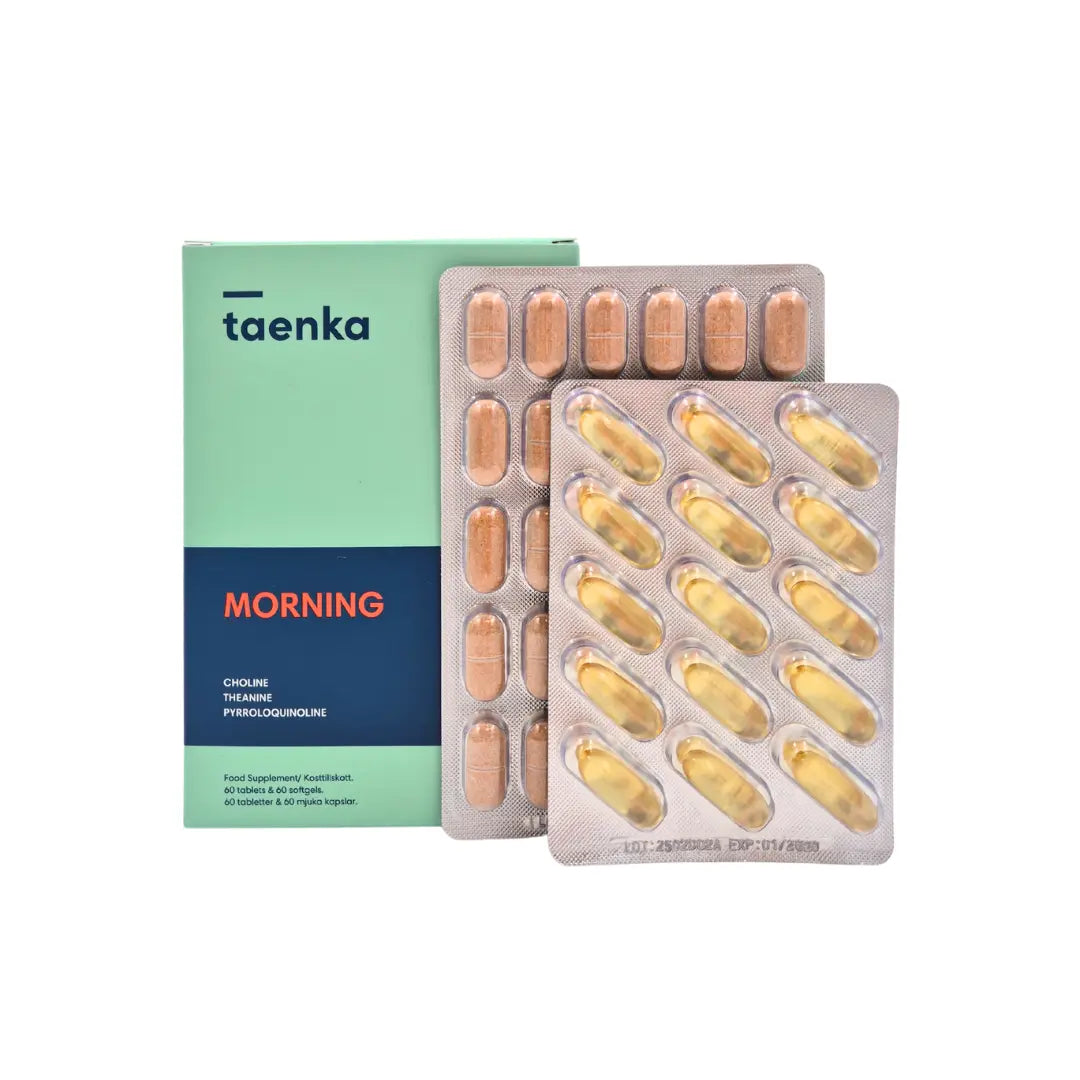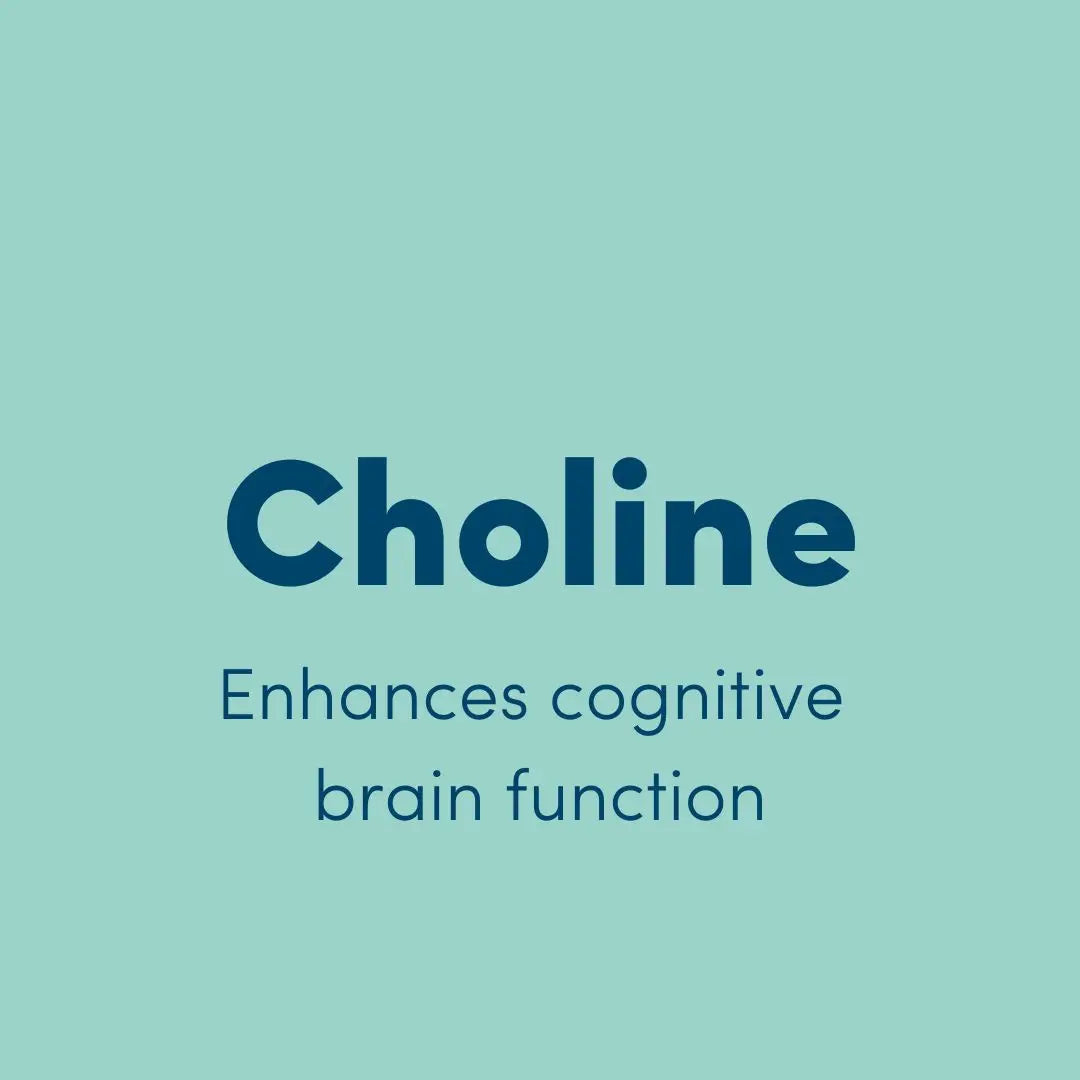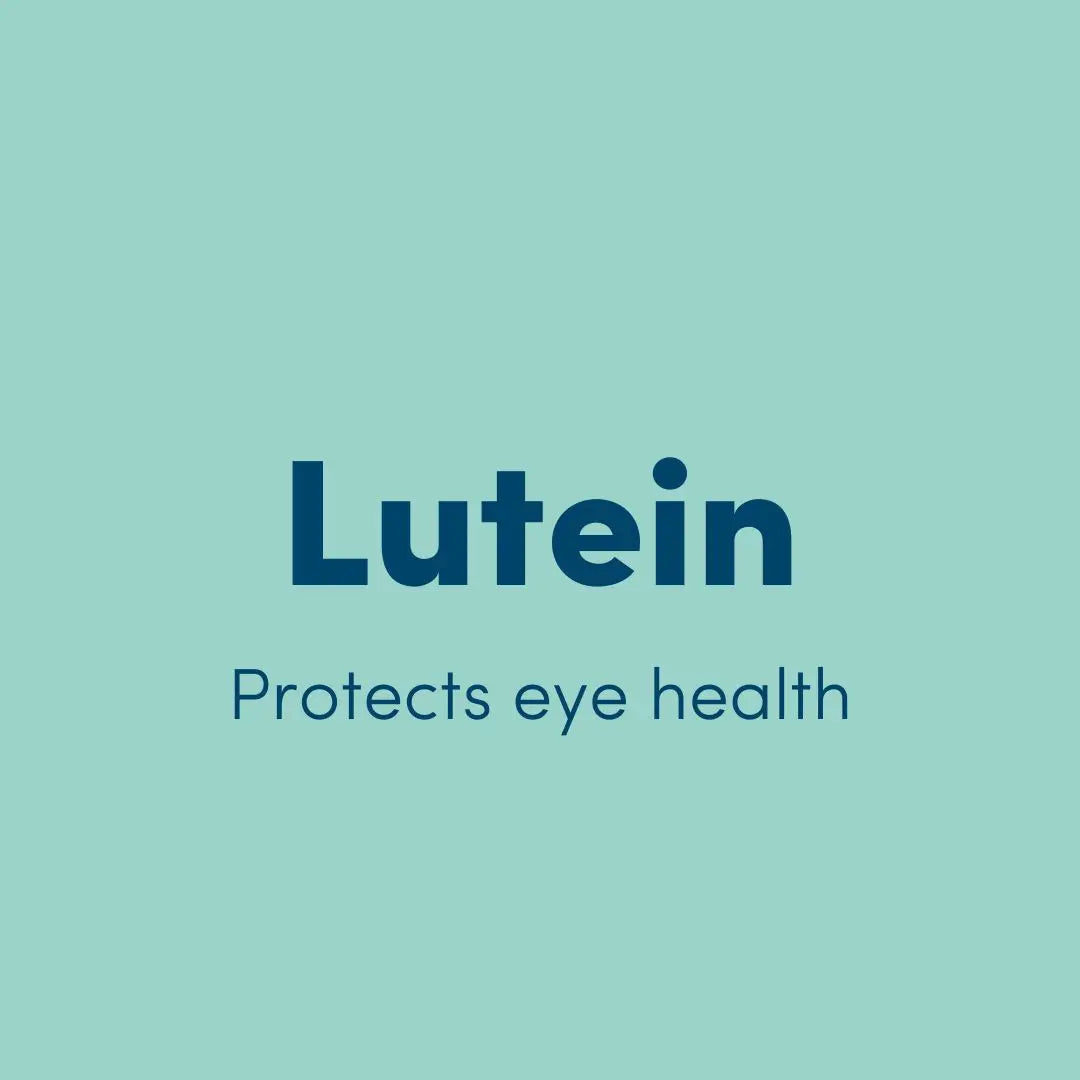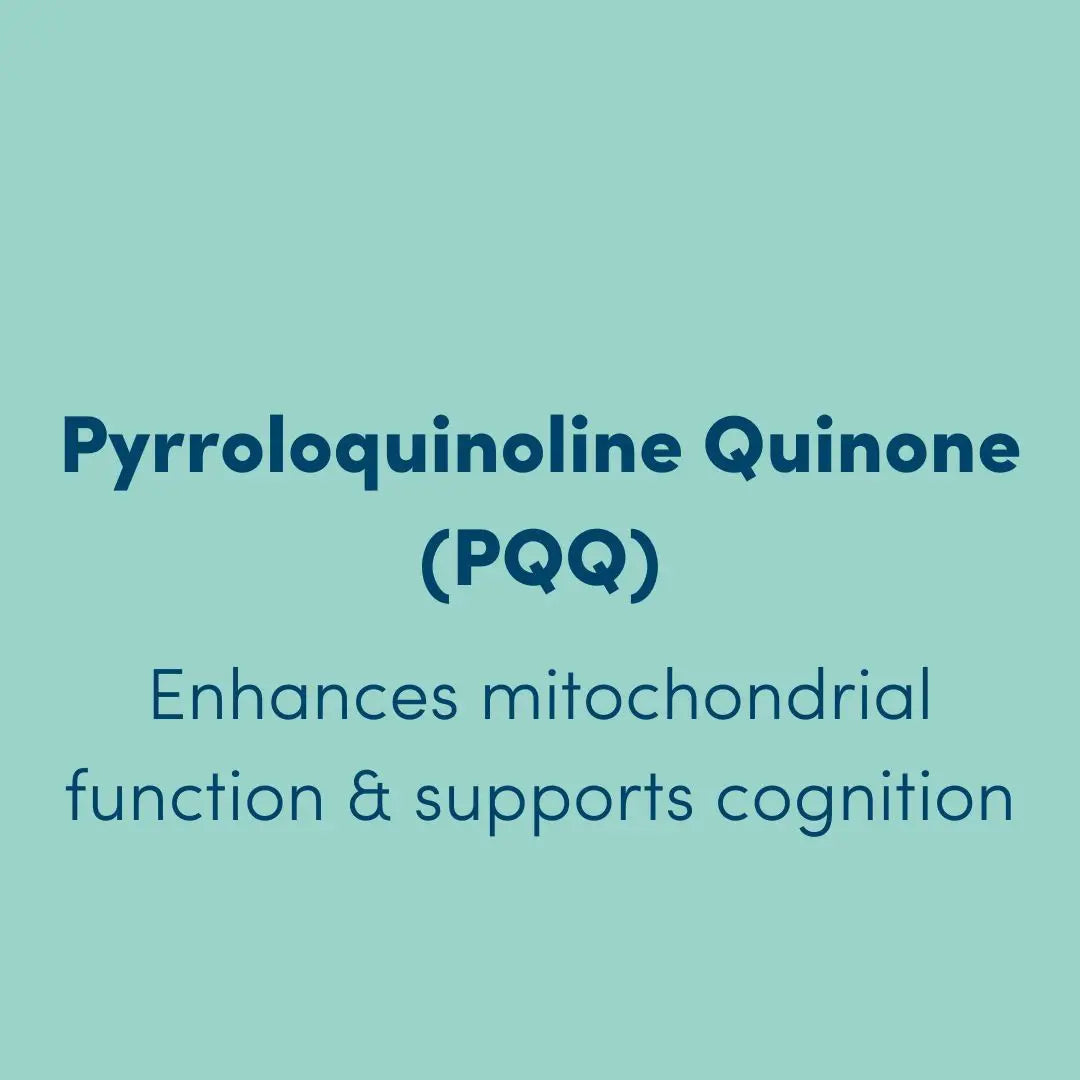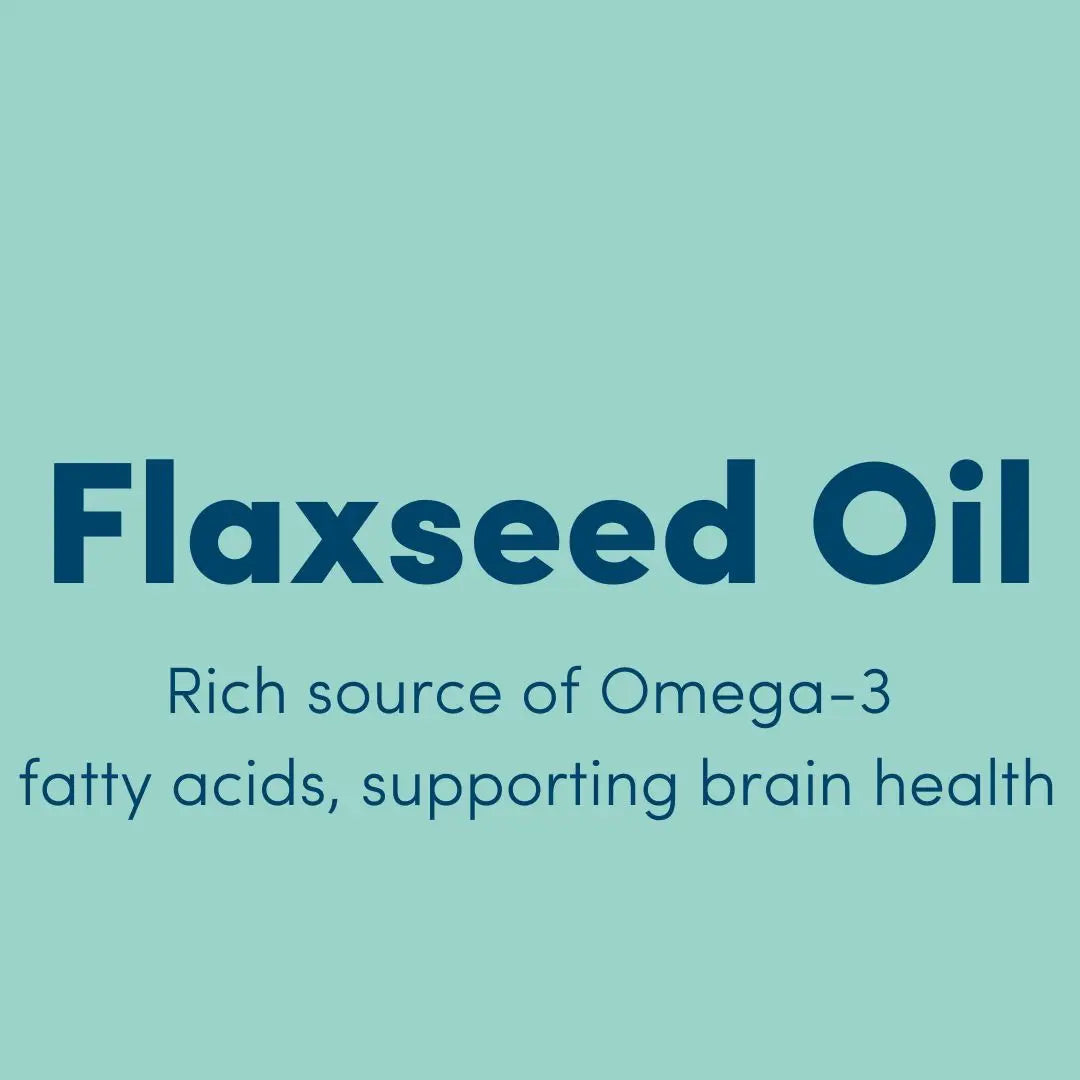What Is Lutein and How Does It Work?
Lutein is a carotenoid, a plant-based pigment, that plays a powerful antioxidant role in the body. Naturally found in leafy greens, eggs, and corn, lutein is best known for its ability to support eye health by accumulating in the retina, specifically the macula. However, research also shows that lutein crosses the blood-brain barrier and is concentrated in areas responsible for memory and learning.
Its antioxidant and anti-inflammatory effects make lutein an essential nutrient not just for vision, but for long-term brain health as well.
7 Proven Benefits of Lutein for Brain and Eye Health
1. Eye health:
Lutein supplementation improves visual function, including contrast sensitivity in healthy subjects with long-term computer display and prevents age-related macular degeneration
2. Improved Cognitive Function:
Higher lutein levels have been associated with better cognitive performance in adults. For instance, it has been demonstrated that lutein-rich foods and supplements were correlated with improved memory and executive function in older adults
3. Memory and Processing Speed:
Another study found that higher levels of lutein in the brain were linked to better memory and faster processing speeds. Lutein may help preserve these cognitive functions by reducing oxidative stress and inflammation in brain tissues.
4. Neuroprotective Effects:
Lutein’s antioxidant properties help reduce neuroinflammation and oxidative damage, which are both linked to age-related cognitive decline. Its high concentration in the brain, especially in areas linked to memory and learning, is thought to protect brain cells from damage over time.
5. Slower Cognitive Decline in Aging:
Studies indicate that lutein may slow cognitive aging. A longitudinal study (Morris et al., 2018) found that individuals with higher lutein and zeaxanthin intake had slower rates of cognitive decline, particularly in areas related to language, memory, and executive function.
6. Antioxidant Properties:
Lutein neutralizes free radicals, which protects brain cells from oxidative stress that can impair cognitive functions.
7. Anti-Inflammatory Effects:
Lutein reduces inflammation markers in the brain, which is crucial in preventing neurodegenerative diseases.
Nootropic Nutrition That Works - Take Morning
As we age, it's natural to notice shifts in focus, memory, and mental energy. That’s why Morning was formulated - a premium nootropic supplement designed specifically to nourish your brain with essential nutrients for lasting clarity.
Backed by science and developed by neuroscientists, Morning combines powerful ingredients like lutein, choline, and PQQ to help protect cognitive function and support long-term brain health.
Whether you're juggling work, family, or simply wanting to stay mentally sharp, Morning offers the daily brain support your body deserves, clean, effective, and made for women who want to thrive through every chapter of life.

Best Natural Sources of Lutein in Your Diet
Incorporating lutein-rich foods into your diet is essential for reaping its brain health benefits. Here are some excellent sources of lutein:
- Leafy Green Vegetables: Spinach, kale, and Swiss chard
- Other Vegetables: Broccoli, peas, and Brussels sprouts
- Fruits: Oranges, kiwis, and grapes
- Eggs: Particularly the yolks, which contain high levels of lutein
- Corn: A good source of lutein, especially when consumed as whole kernels
- Avocados: Contain both lutein and healthy fats that aid in its absorption
Lutein vs Zeaxanthin - What’s the Difference?
Lutein and zeaxanthin are often paired in supplements because they work synergistically. While both support eye health, they concentrate in slightly different areas of the retina. Lutein is more abundant in the peripheral retina, while zeaxanthin is found in the macula’s center. Together, they enhance visual performance and protect against light-induced damage.
For cognitive health, lutein appears to play a more dominant role due to its higher accumulation in brain tissue—but the combination offers complete support.
Who Should Take a Lutein Supplement?
Lutein supplementation is beneficial for anyone concerned with long-term eye or brain health. But certain groups may see even greater benefits:
- Adults 50+ seeking to prevent cognitive decline
- Individuals with high screen exposure (e.g., office workers)
- People with diets low in leafy greens or egg yolks
- Those with early signs of visual fatigue or memory lapses
Typical lutein supplements range from 6–20 mg daily. Research suggests 10 mg per day is an effective dose for supporting both eye and cognitive function.
References
Chung, R. W. S., Leanderson, P., Lundberg, A. K., & Jonasson, L. (2017). Lutein exerts anti-inflammatory effects in patients with coronary artery disease. Atherosclerosis, 262, 87-93. https://doi.org/10.1016/j.atherosclerosis.2017.05.008
Evans, J. R., & Lawrenson, J. G. (2023). Antioxidant vitamin and mineral supplements for slowing the progression of age‐related macular degeneration. Cochrane Database of Systematic Reviews(9). https://doi.org/10.1002/14651858.CD000254.pub5
Johnson, E. J. (2012, 2012/11/01/). A possible role for lutein and zeaxanthin in cognitive function in the elderly12345. Am J Clin Nutr, 96(5), 1161S-1165S. https://doi.org/https://doi.org/10.3945/ajcn.112.034611
Johnson, E. J., Vishwanathan, R., Johnson, M. A., Hausman, D. B., Davey, A., Scott, T. M., Green, R. C., Miller, L. S., Gearing, M., Woodard, J., Nelson, P. T., Chung, H.-Y., Schalch, W., Wittwer, J., & Poon, L. W. (2013). Relationship between Serum and Brain Carotenoids, α-Tocopherol, and Retinol Concentrations and Cognitive Performance in the Oldest Old from the Georgia Centenarian Study. Journal of Aging Research, 2013(1), 951786. https://doi.org/https://doi.org/10.1155/2013/951786
Krinsky, N. I., Landrum, J. T., & Bone, R. A. (2003). BIOLOGIC MECHANISMS OF THE PROTECTIVE ROLE. Annual Review of Nutrition, 23(Volume 23, 2003), 171-201. https://doi.org/https://doi.org/10.1146/annurev.nutr.23.011702.073307
Ma, L., Lin, X.-M., Zou, Z.-Y., Xu, X.-R., Li, Y., & Xu, R. (2009). A 12-week lutein supplementation improves visual function in Chinese people with long-term computer display light exposure. British Journal of Nutrition, 102(2), 186-190. https://doi.org/10.1017/S0007114508163000
Pap, R., Pandur, E., Jánosa, G., Sipos, K., Agócs, A., & Deli, J. (2021, Feb 27). Lutein Exerts Antioxidant and Anti-Inflammatory Effects and Influences Iron Utilization of BV-2 Microglia. Antioxidants (Basel), 10(3). https://doi.org/10.3390/antiox10030363
Rasmussen, H. M., & Johnson, E. J. (2013). Nutrients for the aging eye. Clin Interv Aging, 8, 741-748. https://doi.org/10.2147/CIA.S45399
Renzi-Hammond, L. M., Bovier, E. R., Fletcher, L. M., Miller, L. S., Mewborn, C. M., Lindbergh, C. A., Baxter, J. H., & Hammond, B. R. (2017). Effects of a Lutein and Zeaxanthin Intervention on Cognitive Function: A Randomized, Double-Masked, Placebo-Controlled Trial of Younger Healthy Adults. Nutrients, 9(11), 1246. https://www.mdpi.com/2072-6643/9/11/1246
